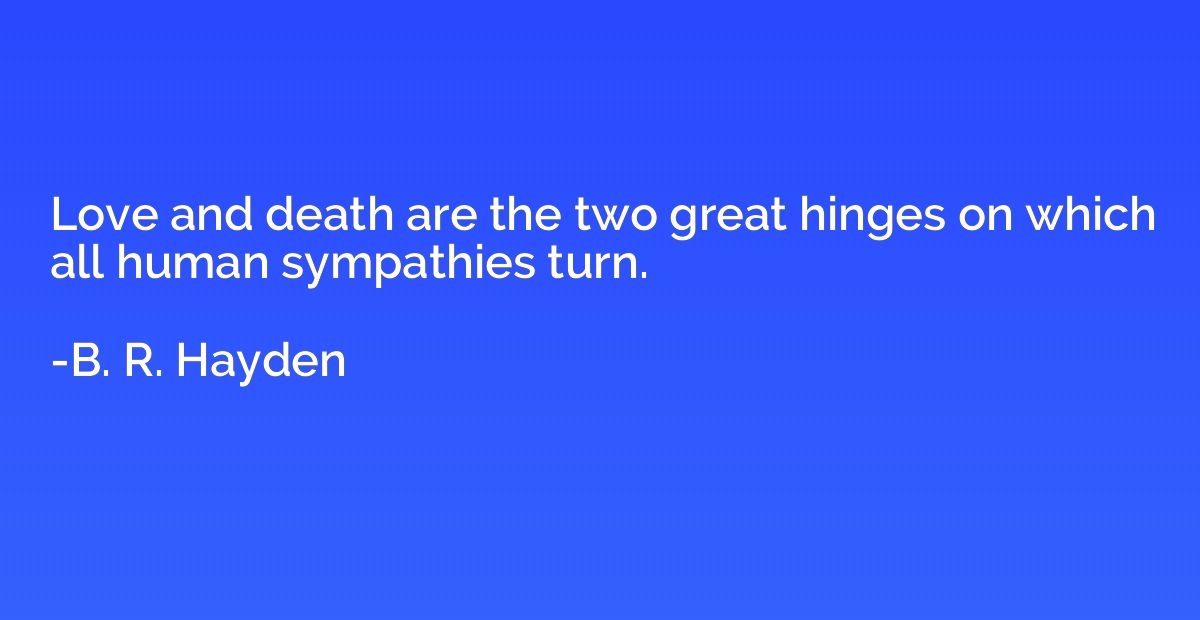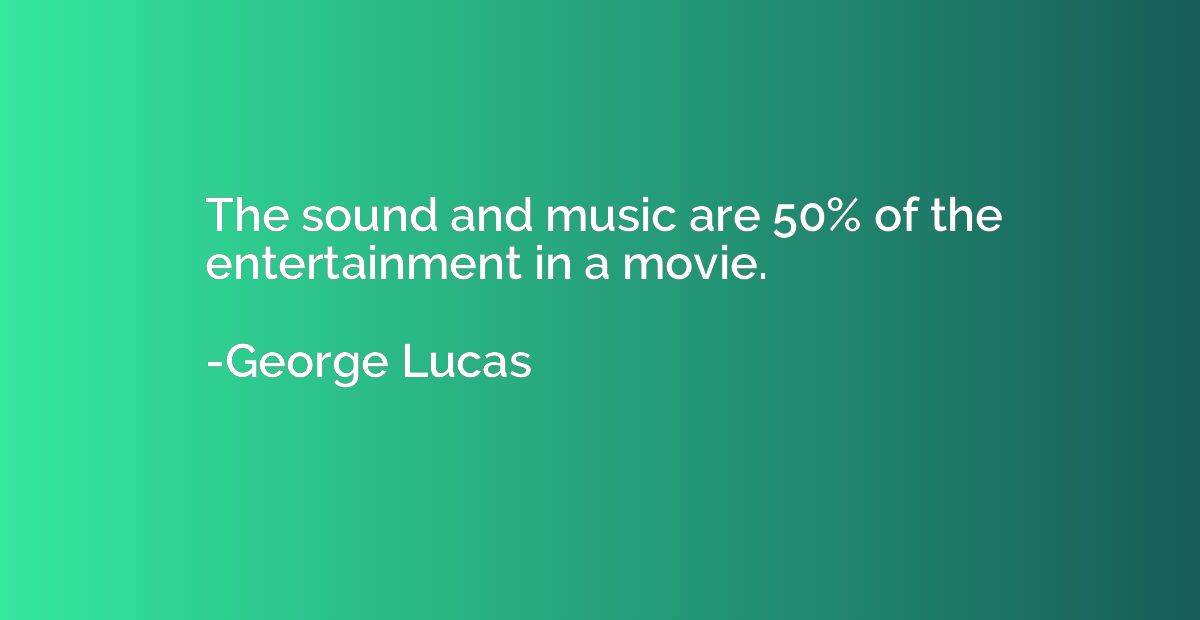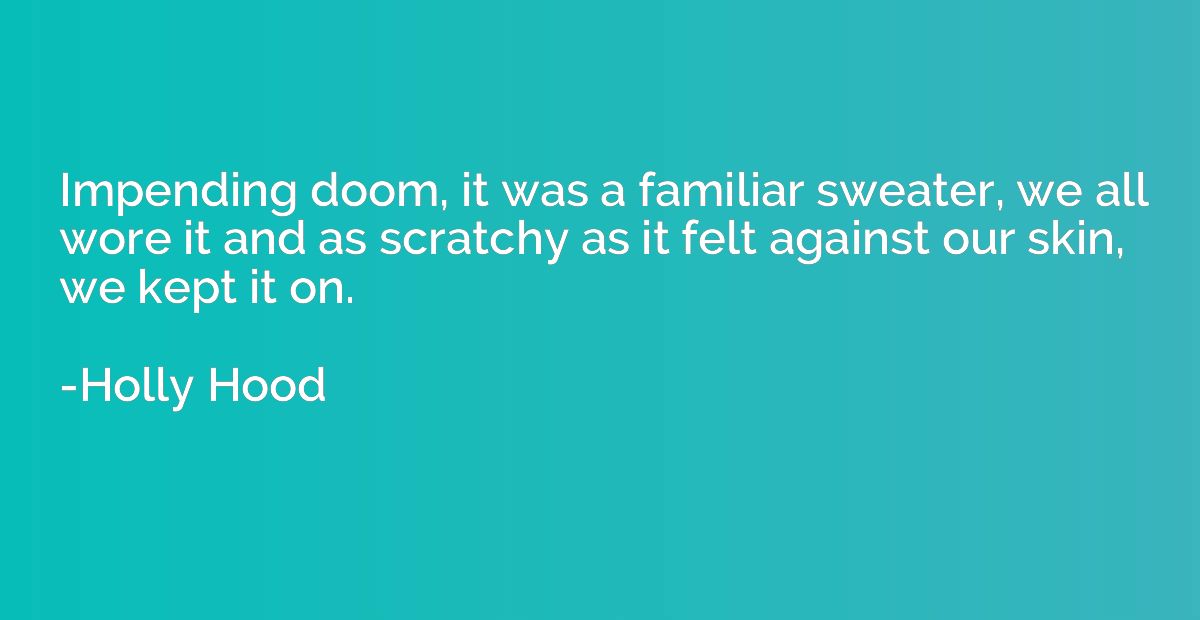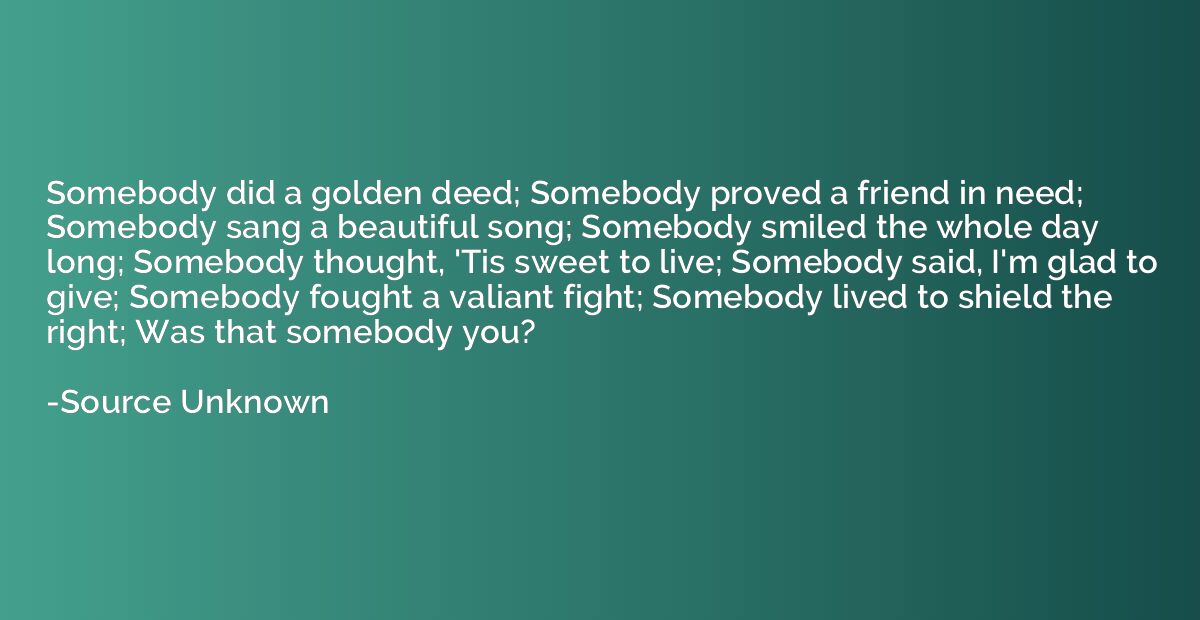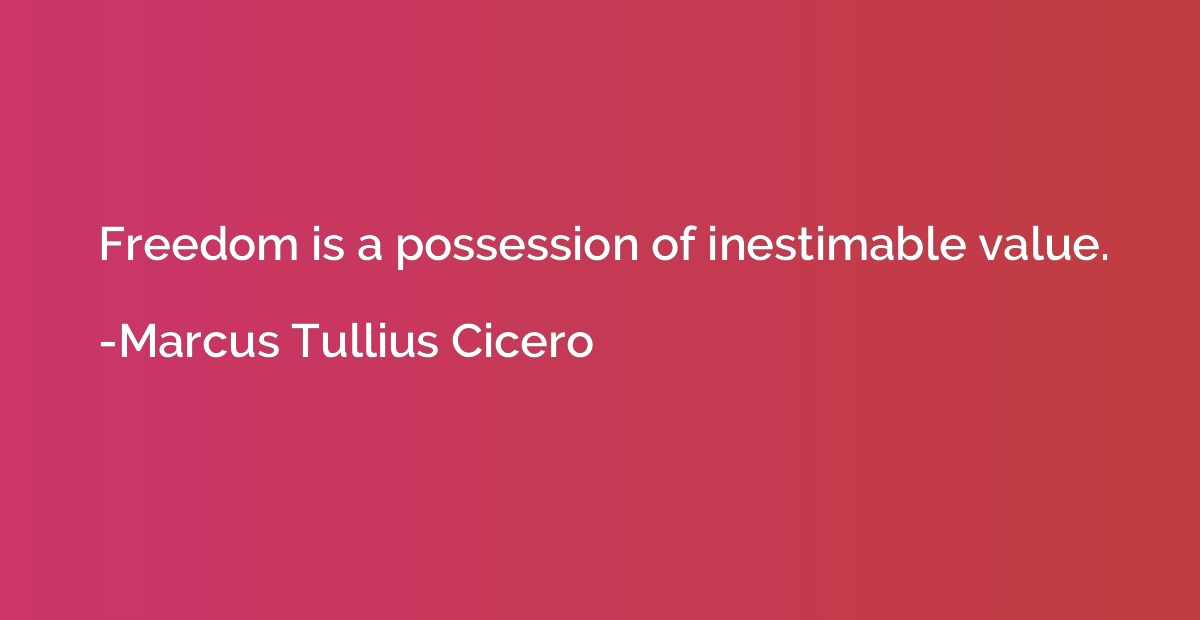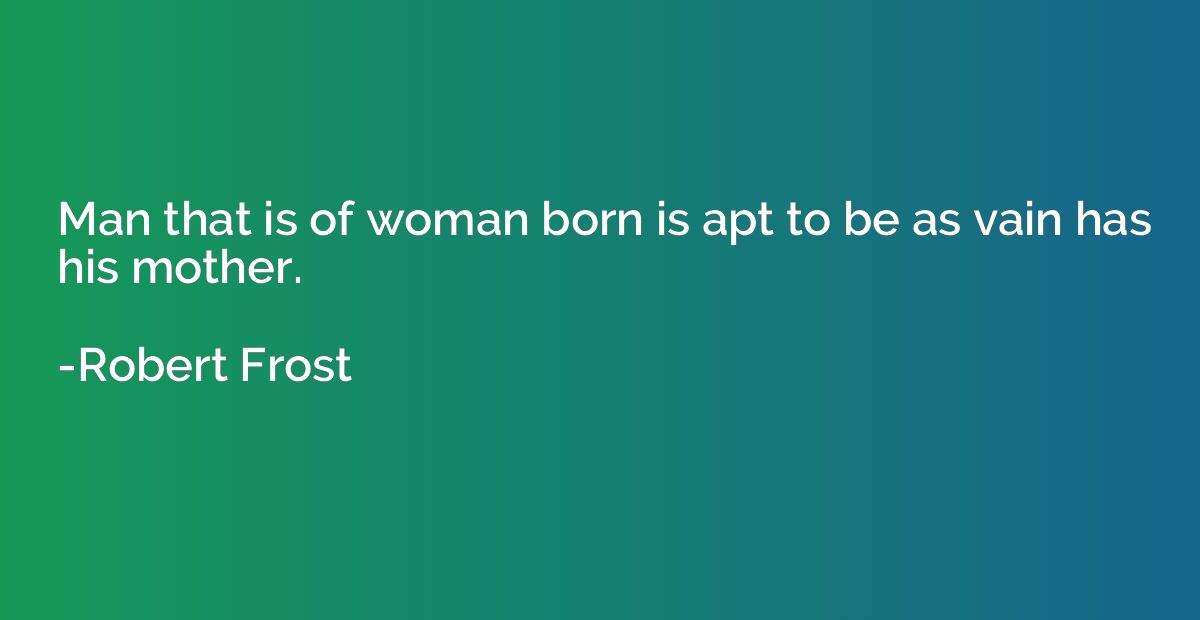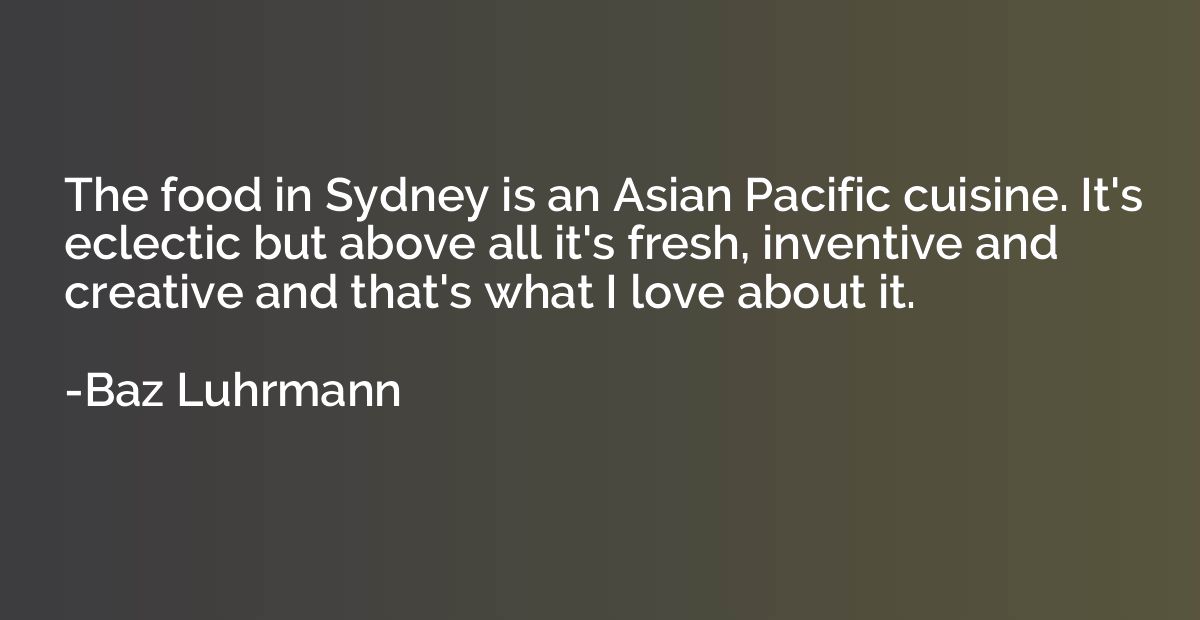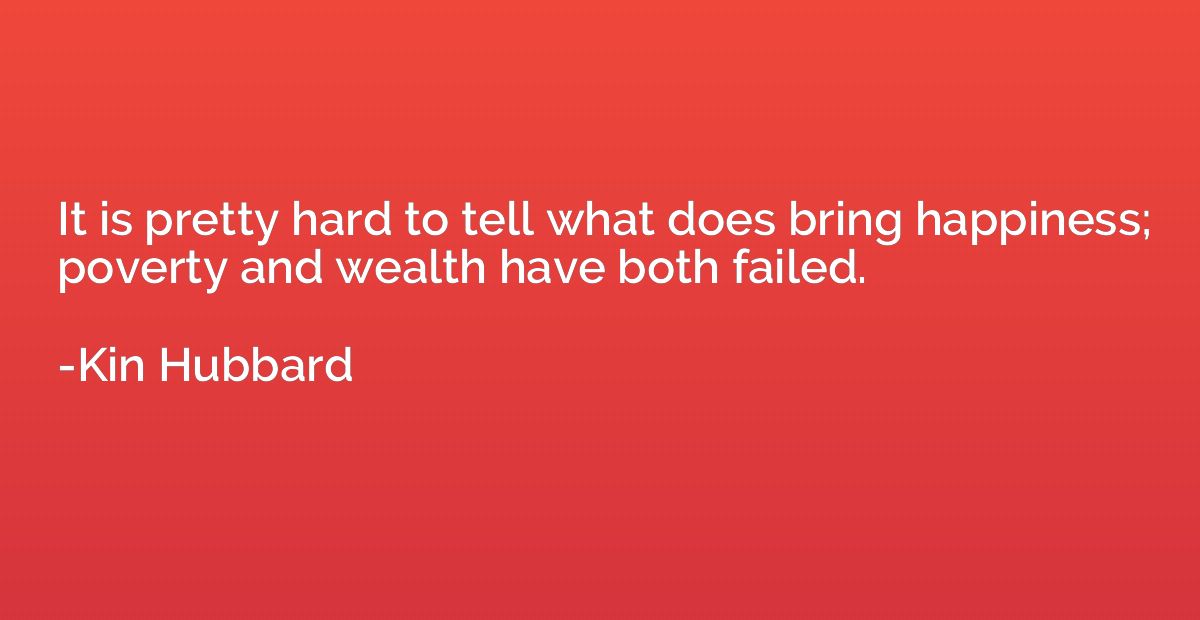Summary
This quote asserts that love and death are the fundamental aspects of human emotions and connections. Like hinges, they hold together and support the intricate framework of human relationships. Love represents the positive and life-affirming forces that bond individuals, fostering compassion, understanding, and joy. Death, on the other hand, represents the inevitable and profound loss that impacts all human beings. Whether through loving or grieving, these two universal experiences shape and define our connections with others, ultimately guiding our understanding of life's deepest meaning and purpose.
By B. R. Hayden
